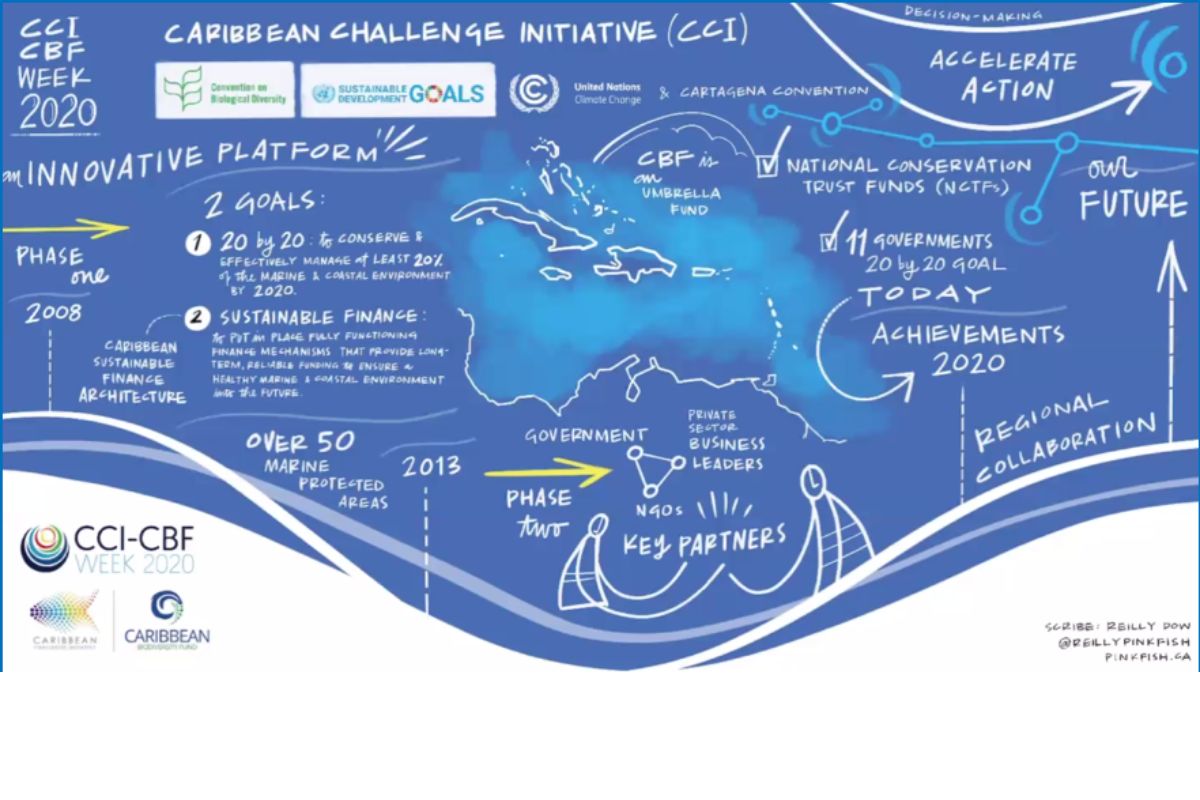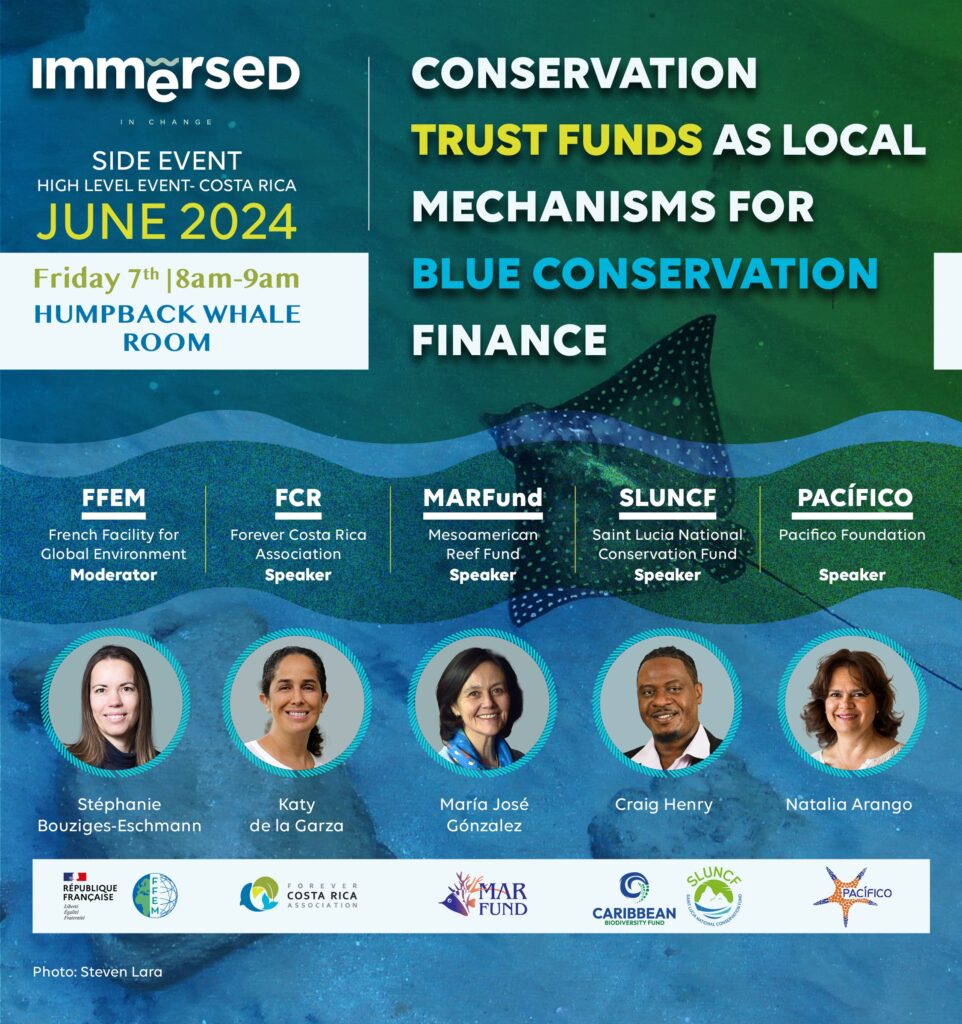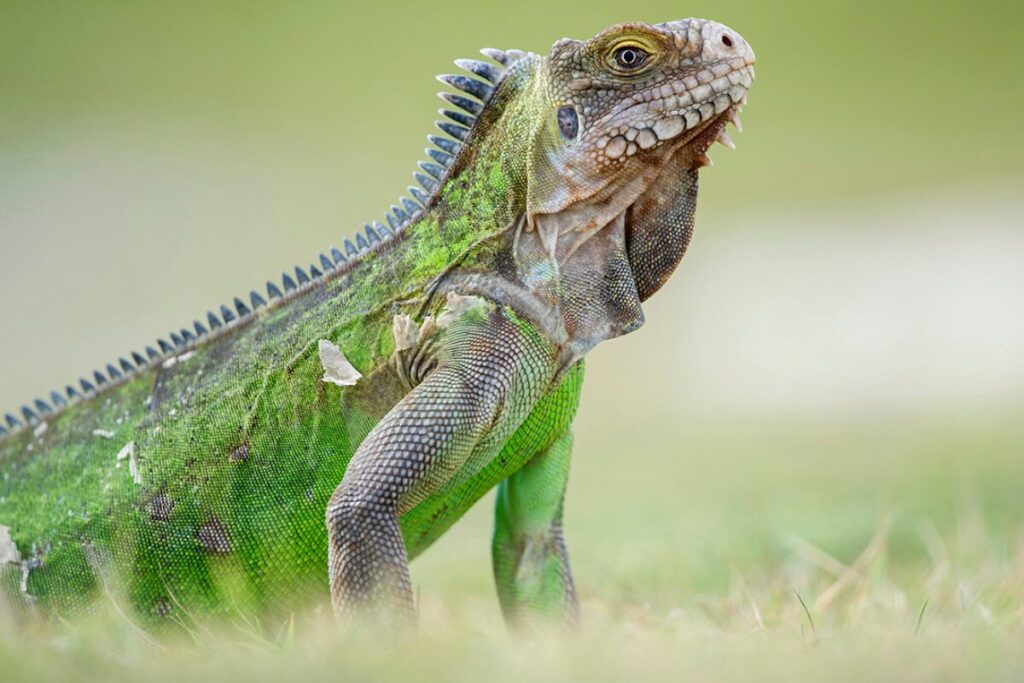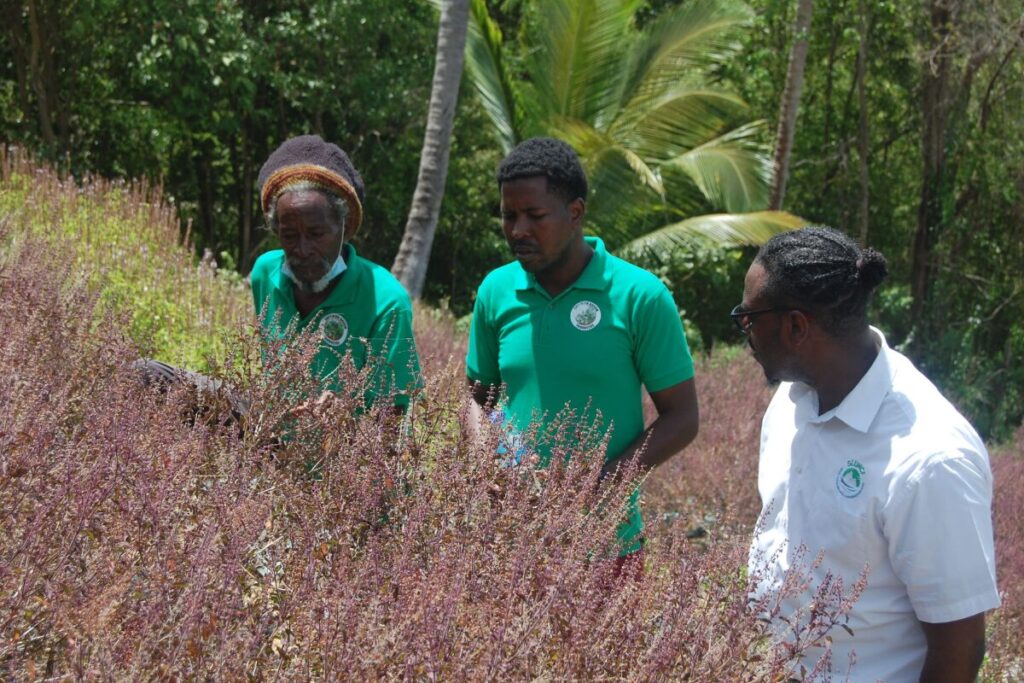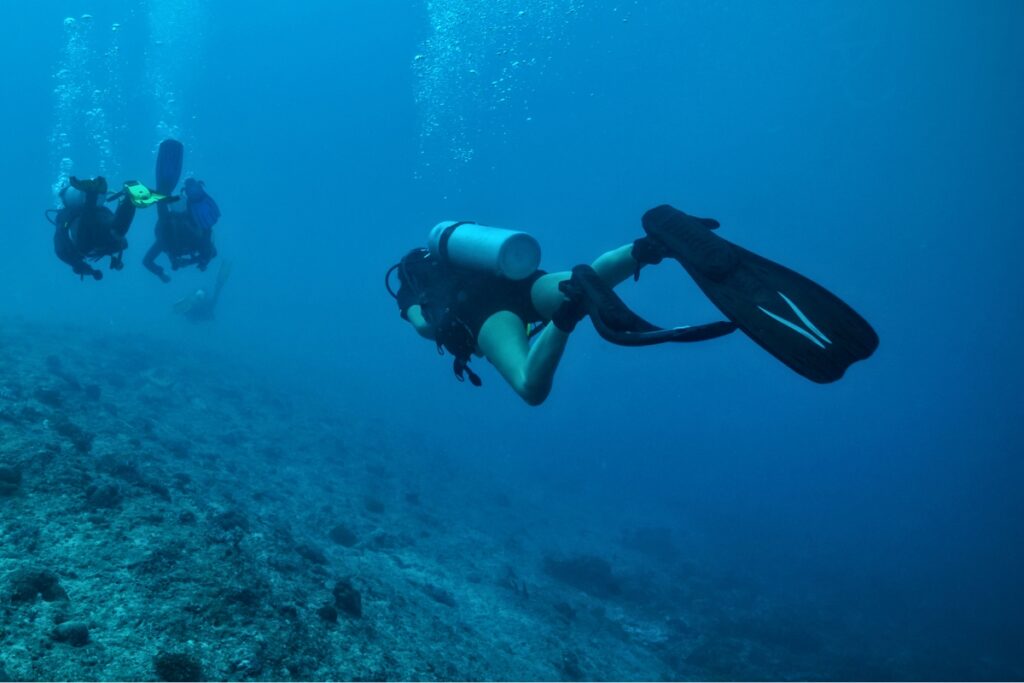The Caribbean Challenge Initiative (CCI) and the Caribbean Biodiversity Fund (CBF) Secretariats hosted the 5th CCI-CBF Week, which took place virtually on July 13th – 16th, 2020. The event was held under the theme “Nature-Based Solutions for our Caribbean Future”. The week had several highlights, a diverse array of panels, networking events and even a virtual field trip!
This year is a landmark year for the CCI, as its original goals were to protect and effectively manage 20% of the coastal and marine resources by 2020 and create sustainable finance mechanisms to support this effort. The week of meetings brought together CCI and CBF members, National Conservation Trust Funds from the Caribbean, partners, donors, and observers to:
- Celebrate CCI’s achievements since its creation in 2008 and CCI Summit in 2013;
- Recognize the accomplishments and challenges in the region in the areas of effective management, sustainable financing, climate adaptation, implementation of a nature-based economy, and identify necessary actions to ensure healthy ecosystems;
- Identify partners and opportunities for developing the way forward for biodiversity conservation, protected areas management and nature-based economic development in the Caribbean.
Seven years after the CCI Summit, we celebrate the strong efforts and commitment of the now 11 governments that voluntarily took on the 20-by-20 Goal – The Bahamas, The British Virgin Islands, the Dominican Republic, Grenada, Haiti, Jamaica, Puerto Rico, Saint Christopher and Nevis, Saint Lucia, Saint Vincent and the Grenadines, and the US Virgin Islands. Five of these countries have achieved or surpassed the 20% declaration target. The Dominican Republic with approximately 75 percent of its near shore marine area under protection, followed by Saint Christopher and Nevis with 50 percent, the U.S. Virgin Islands with 44 percent, Puerto Rico with 27 percent, and Haiti with 23 percent. Collectively, CCI countries have now under protection or management 47,232 square kilometers of their nearshore environment, 61% of the way towards the 20-by-20 goal.
In terms of sustainable financing, the CCI-CBF process has resulted to date in the establishment of 10 national conservation trust funds and the Caribbean Biodiversity Fund, as the regional partner. Together, these funds form the Caribbean Sustainable Finance Architecture, the realization of a bold vision to create and mobilize reliable and long-term funding not only for the Caribbean’s marine and coastal environment and protected area systems, but biodiversity conservation and sustainable use at large.
Currently, the CBF manages a total of US$125 million, including the now US$75million in its Conservation Finance Program endowment which aims to supports 12 countries across the region, To date, 7 national conservation trust funds have signed Partnership Agreements with the CBF and have received over $1.7 million from the CBF’s Conservation Finance Program for conservation activities across the region. In addition, the program has also provided close to US$1.0 million to support the establishment and operations of 6 national funds. With 3 more Partnership Agreements expected to be signed between the CBF and partners funds in Bahamas, Haiti, and Guyana, the CBF forecasts that it will be disbursing about US$2.5 million on a yearly basis in the next 2 to 3 years through these 10 agreements.
In a addition the CBF’s US$50 million sinking fund for Ecosystem-based Adaptation which anchors the CBF’s Climate Change Program, has also disbursed approximately US$1.7 million to date.
Clearly, the Caribbean has achieved tremendous progress and has clearly demonstrated its ambition and has set a strong basis and stage for the new biodiversity international targets to be agreed upon in 2021.
Check out our event report here or visit our event website, here to learn more.

